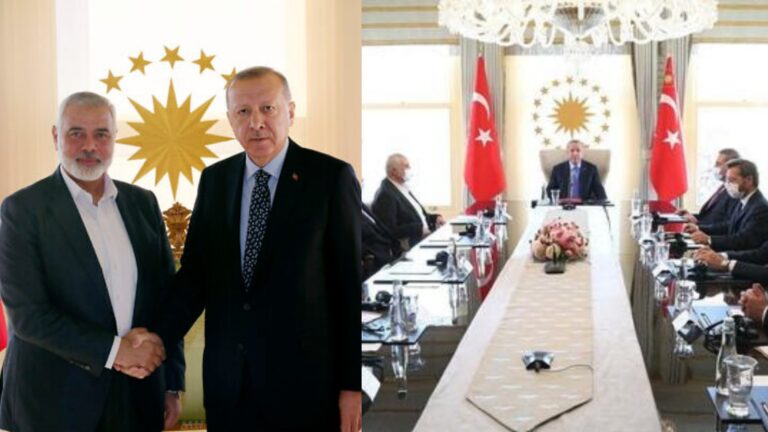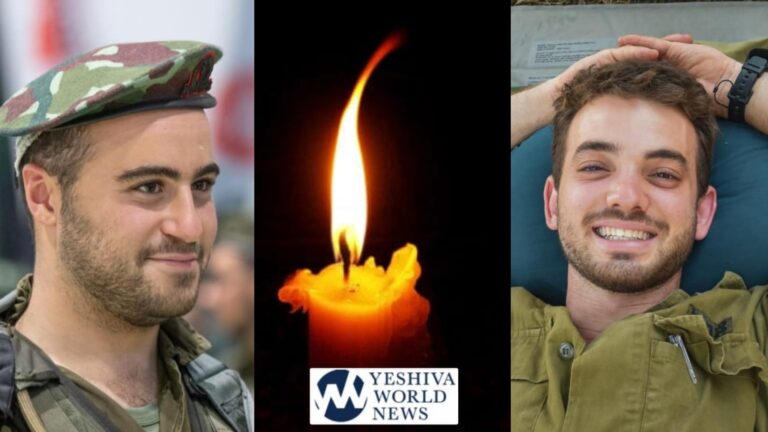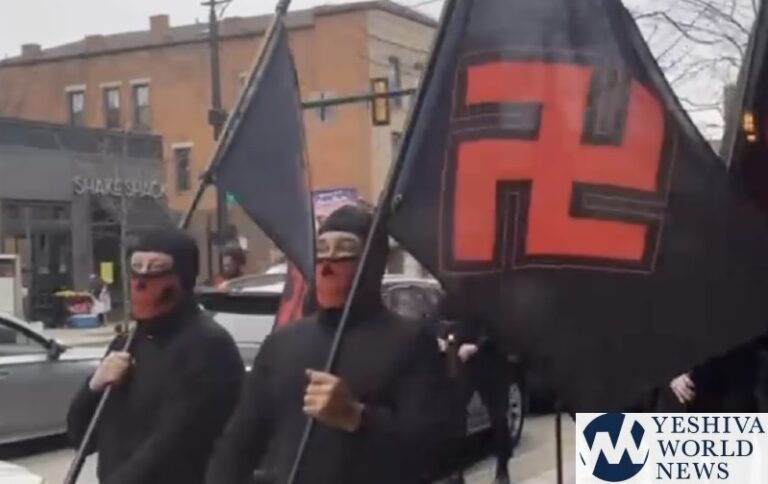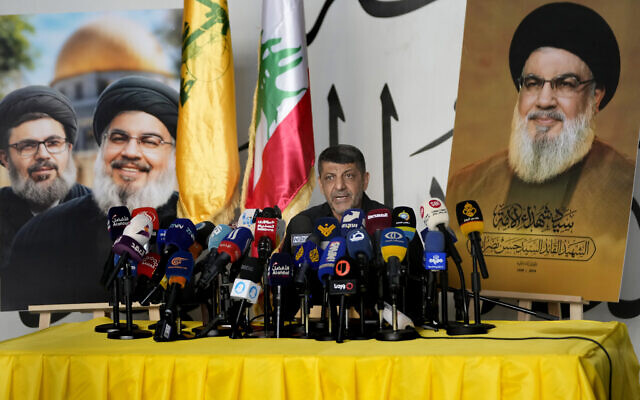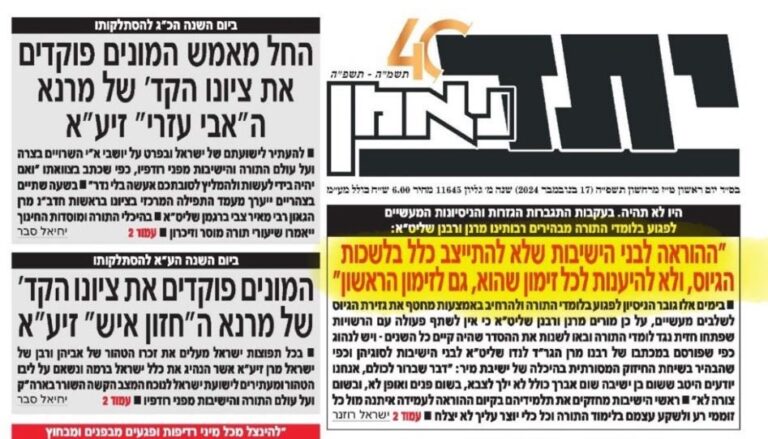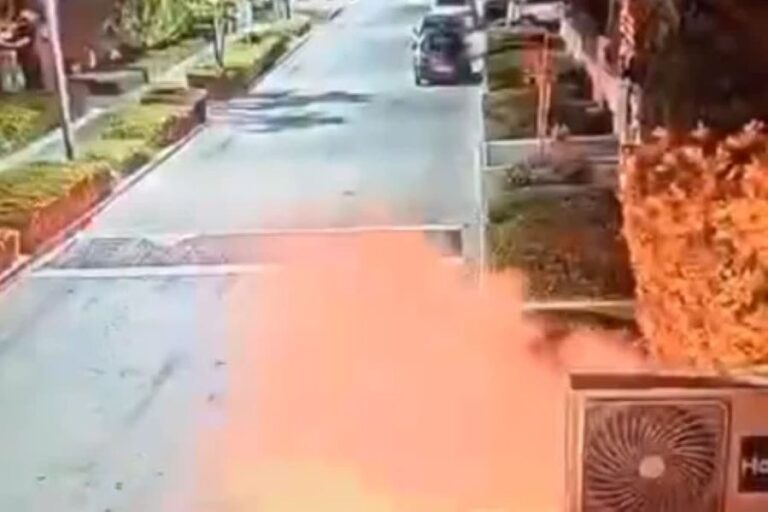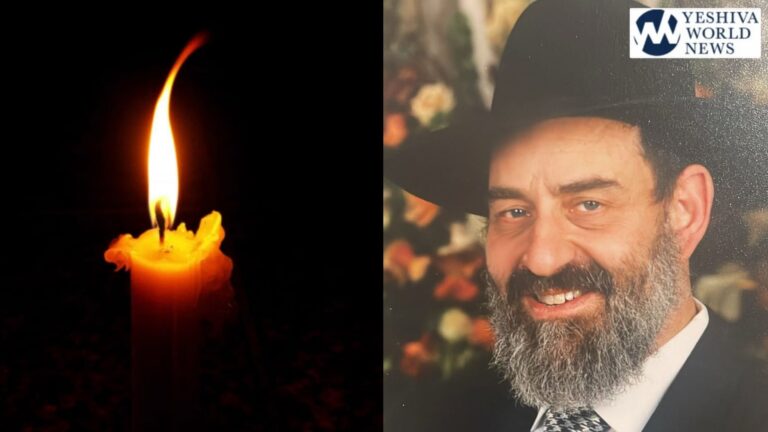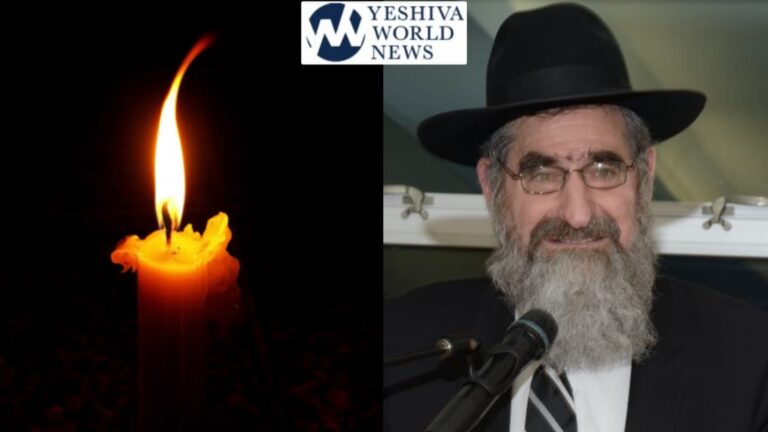 The man accused of carrying out bombings in New York and New Jersey was flagged by Customs and Border Protection officials for questioning at least twice over the past few years after returning from Pakistan, but in both cases they found no reason to deny him entry to the United States, law enforcement officials said.
The man accused of carrying out bombings in New York and New Jersey was flagged by Customs and Border Protection officials for questioning at least twice over the past few years after returning from Pakistan, but in both cases they found no reason to deny him entry to the United States, law enforcement officials said.
Ahmad Khan Rahami, who remains heavily sedated in a New Jersey hospital after a police shootout that resulted in his arrest Monday, was one of thousands of such individuals traveling from high-risk countries who are stopped each year for “secondary” questioning at the airport.
He was in Pakistan in 2013 and in 2014, including stays in Quetta, a stronghold of militant groups, law enforcement officials said. And in both cases, upon his return, “nothing derogatory” arose out of the screenings and the information was relayed to the FBI, said one senior law enforcement official, who spoke on condition of anonymity because the investigation is ongoing. “There was no suggestion of wrongdoing or anything of concern.”
Federal prosecutors this week charged Rahami with nine counts – including using weapons of mass destruction and bombing a public place. He was flagged by CBP’s National Targeting Center even before he stepped onto a flight, said a second senior law enforcement official.
“They look at millions of records a year and they determine based upon their targeting rules who gets asked for more information or pulled over,” the second official said. For people flying from high-risk countries, they would check where and how a passenger bought his ticket, for example.
Rahami, a naturalized U.S. citizen born in Afghanistan, was tagged as a military-age male returning from Pakistan, the official said. But that alone did not disqualify him from entry.
“The idea that we’re going to stop every military-age male who’s gone to Pakistan” is not feasible, he said.
Customs officers would also have looked at his belongings, including his cellphone. If his phone contained pictures of, say, a terrorist training camp, that probably would have been cause to detain him for further questioning. Even his stays in Quetta would not be enough on their own to deny him entry, absent any “definitive derog” or derogatory information, officials said.
“This is all risk-based modeling, and questioning by professionals, and you make your best judgment based on the information that you have,” the second official said.
“We don’t have any ‘pre-watchlist,’ ” he said. “Otherwise we’d be so gummed up with a backlog of reviews, it would be impossible to do our job.”
In August 2014, the FBI received a report through a New Jersey intelligence-sharing center that Rahami’s father was concerned his son was interacting with dangerous people. The FBI’s Newark Field Office looked into that report, interviewing the father and running Rahami’s name through databases. CBP’s secondary screening showed up, including the information about his sojourns in Quetta. But nothing sufficient emerged to justify opening a preliminary investigation, officials said.
At the time, Rahami himself was not questioned as he was in jail after a domestic assault, officials said.
What would have gotten the FBI’s attention then was any sign that Rahami was influenced or inspired by a foreign terrorist organization.
When Rahami was arrested Monday, investigators recovered a bloodstained journal that contained an eclectic mix of terrorist inspirations, including al-Qaida and the Islamic State.
In the journal, which Rahami had with him during a shootout with police, the 28-year-old wrote about al-Qaida leader Osama bin Laden, radical U.S. preacher Anwar al-Awlaki and Islamic State spokesman Abu Muhammad al-Adnani, authorities said. Rahami also alluded to the 2013 Boston Marathon bombings and the 2009 mass shooting at Fort Hood in Texas, authorities said.
If Rahami had had something like that journal on him when he reentered the country in 2014, that “probably would have led to him being interviewed by the FBI,” the second official said.
In the journal, Rahami appears to reference guidance from Adnani to “clearly attack the kuffar in their backyard.” Kuffar is an Arabic term for nonbelievers.
Rahami is accused of planting several bombs – first in Seaside Park, New Jersey, along a scheduled race route; in a dumpster and along the street in New York’s Chelsea neighborhood; and at a train station in Elizabeth, New Jersey.
Thirty-one people were hurt in the Chelsea blast; no one was injured in the others.
(c) 2016, The Washington Post · Ellen Nakashima

